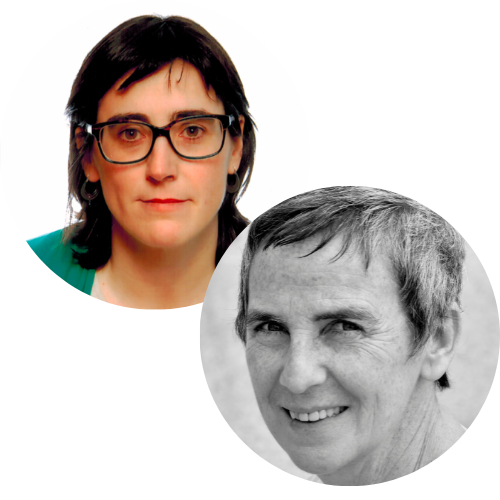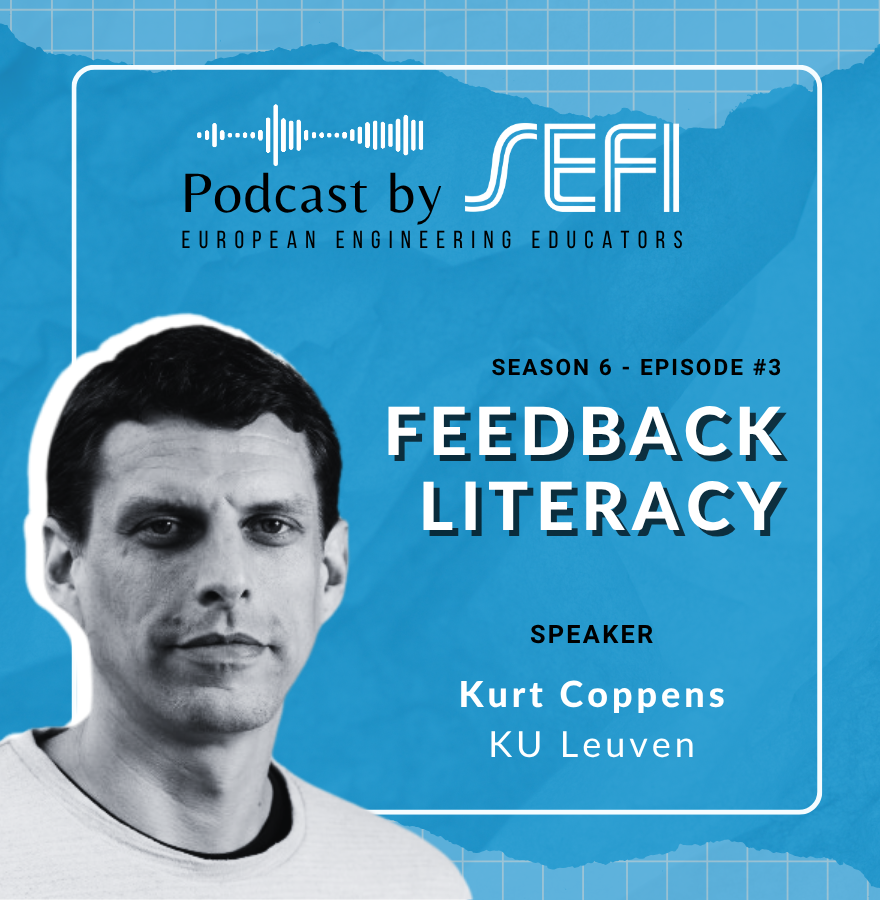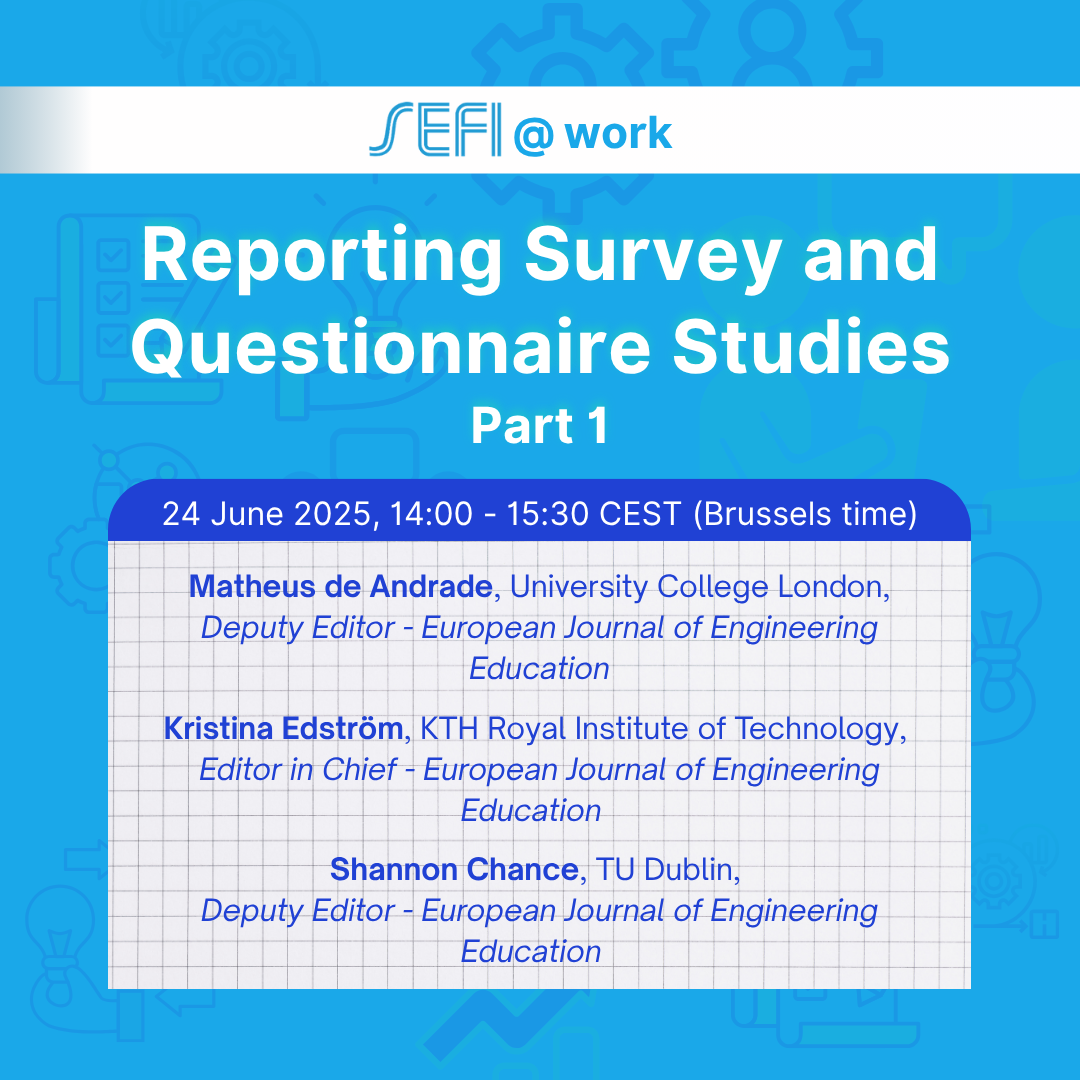Feedback is a somewhat perennial topic within higher education (HE), with increasing emphasis on students…
Zaloa Aginako, Teresa Guraya – School of Engineering of Bilbao, Spain

The University as an agent of social transformation must contribute, if not lead, the training of a critical society committed to the values of sustainability that drive the Sustainable Development Goals (SDGs) and the UN 2030 agenda. The University must empower students to transform themselves and the society, providing them with skills such as critical and systemic thinking or joint decision-making in multicultural environments, as well as taking responsibility for current and future generations. In other words, students must acquire the skills outlined by UNESCO, in its “Framework for the implementation of Education for Sustainable Development (ESD) beyond 2019”.
Regarding the Spanish context, in 2005, the Executive Committee of the Working Group for Environmental Quality and Sustainable Development of the Association of Spanish University Rectors (CRUE) approved the document titled ““Guidelines for the Inclusion of Sustainability in the Curriculum”. It stated that Universities must prepare professionals who are not only capable of using their knowledge in a scientific context but, also, to meet social and environmental needs. The entire educational process must be approached holistically to implement sustainability skills in all areas, so that students can learn to make decisions and act based on sustainable criteria. Due to this commitment, Spanish universities have been promoting programs and actions for the inclusion of the SDGs in their scope of responsibility.
The University of the Basque Country (UPV/EHU) established a holistic Sustainable Development (SD) integration model, detailed in the document “EHU Agenda 2030 for Sustainable Development”. In this framework, the inclusion of the SDGs in degrees’ curricula is defined from several initiatives, all of them focused on enriching the previous teaching model of the institution named “IKD” (a student-centred learning model). As engineering degrees’ lecturers, we contribute to make that a reality, aware that future engineering professionals will have the huge challenge of providing solutions to complex problems with environmental, economic and social implications.
Therefore, after several years of implementing student-centred methodologies in our classrooms, such as Project Based Learning, in 2015 we decided to include Service Learning and sustainability issues in our students’ projects. Subsequently, we evaluated the impact on the perception that our students have about sustainability. The result of our work is available to the educational community through our contributions to conferences and journals. In 2020, after analysing the conclusions of the first and second International Conference of Engineering Education for the 21st Century, held in 2017 and 2019, we considered necessary to find out how students and teachers perceive the progress made in embedding sustainability into the curriculum. To accomplish that goal, we created, validated and published a survey with two versions, one for students and other one for lecturers. It contains questions related to engineering training activities linked to SDGs in environmental, economic and social spheres. The questionnaire seeks to know their perception in relation to the embedded level of sustainability in the curriculum and the importance they give to SD.
The results show that both, students and teachers, perceive a low level of inclusion of SD in the curriculum. However, they all give it great importance, both personally and academically. These results encourage us to continue working in that direction, sharing our work with the educational community and encouraging our university colleagues to work along this path, which guarantees a more egalitarian and just society for future generations.

